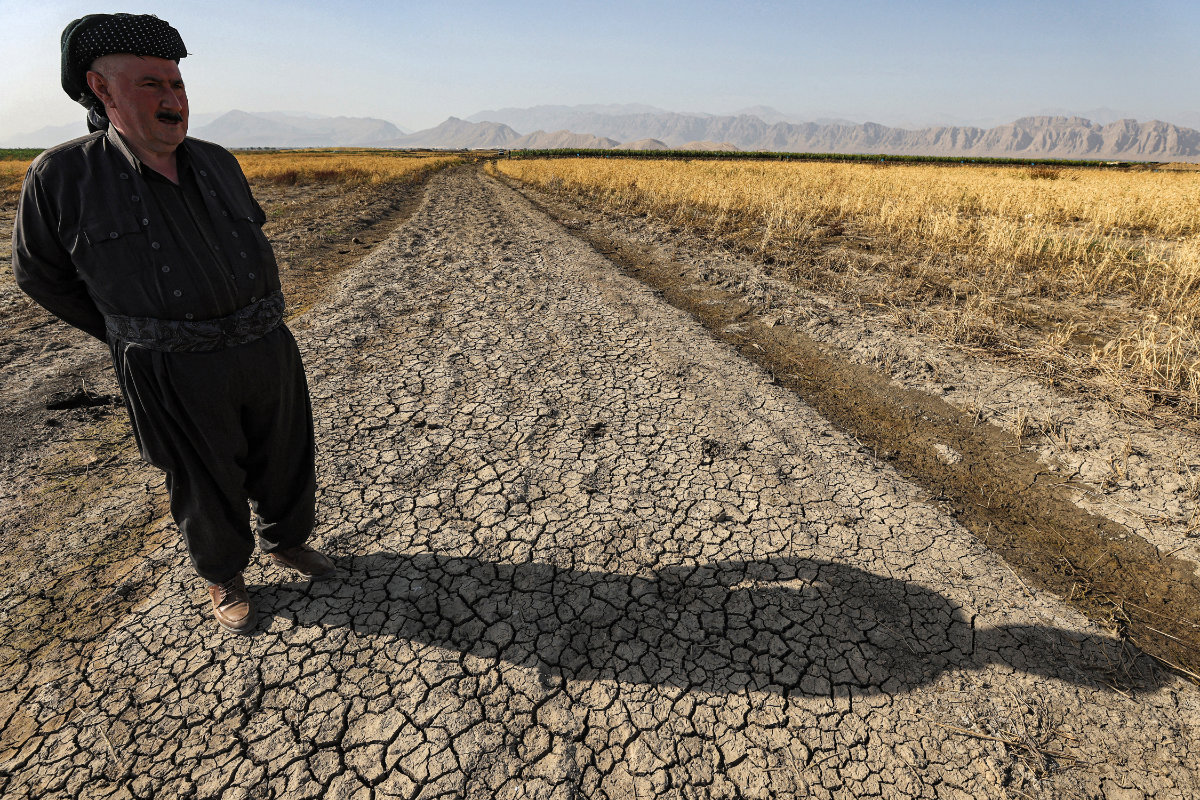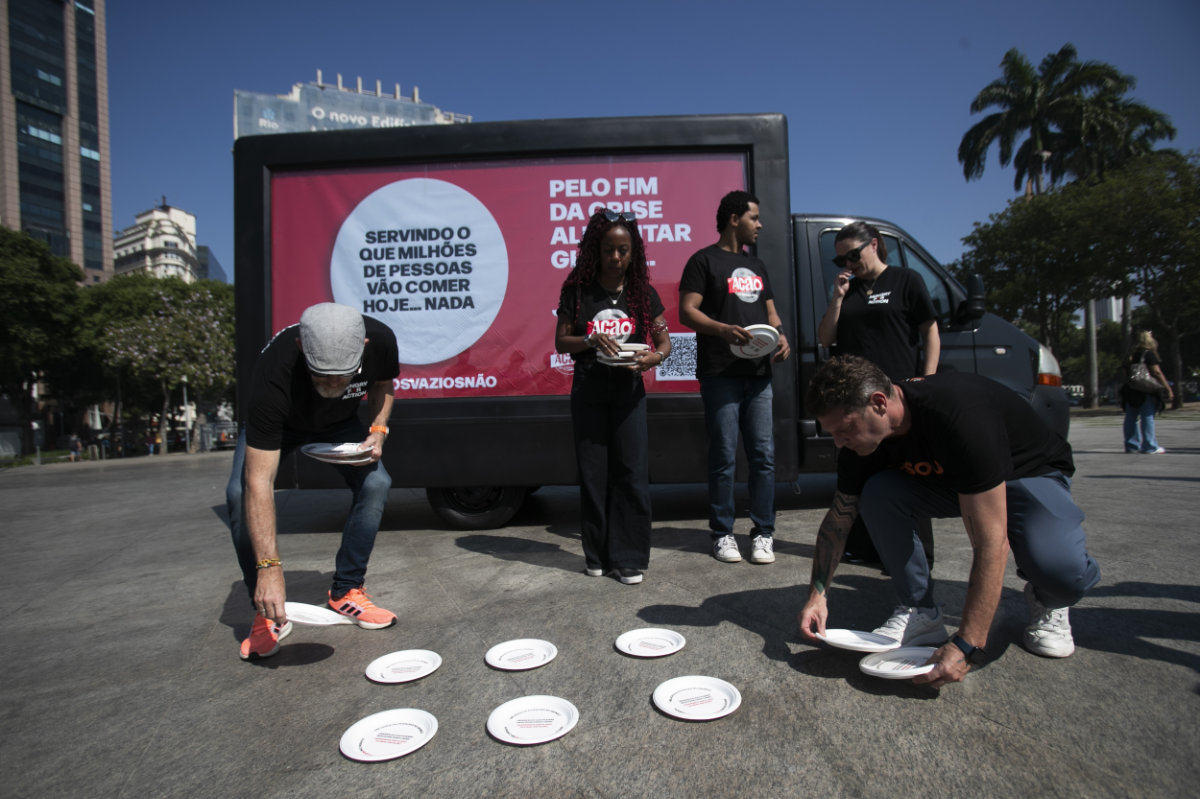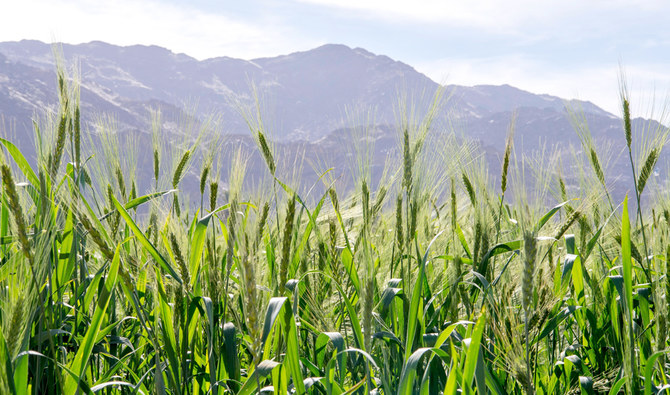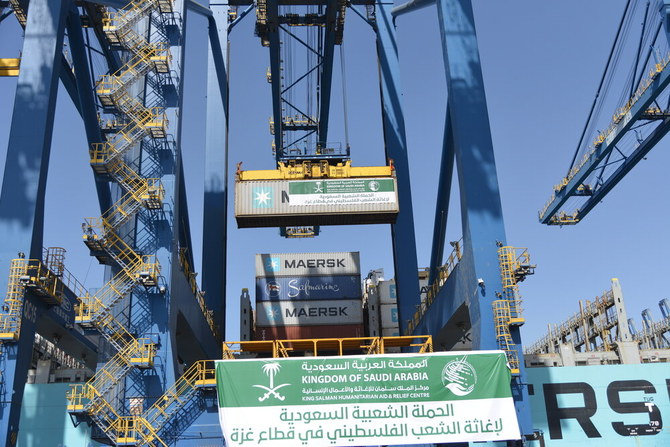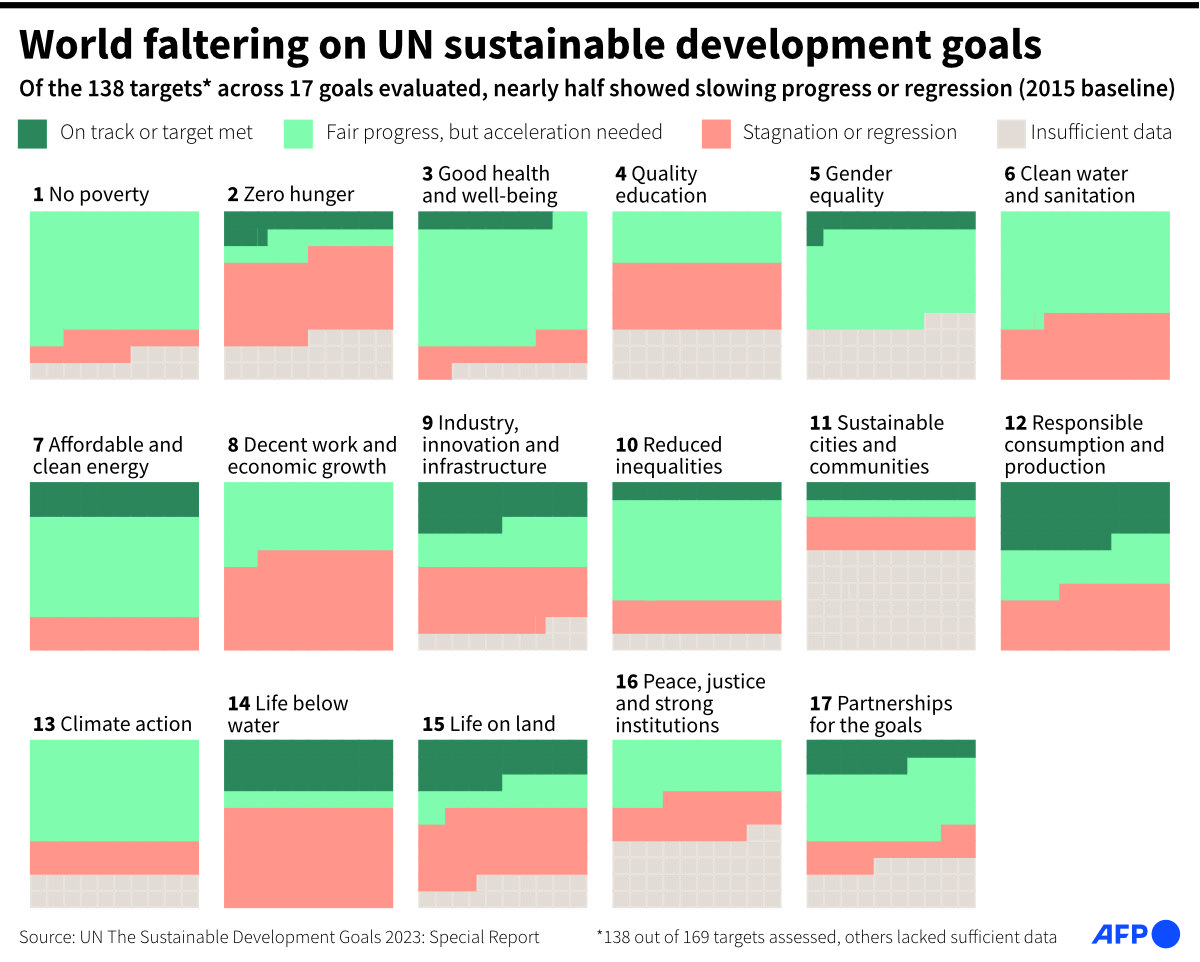NEW YORK CITY: Libya has been mired in conflict, instability and political fragmentation since the eruption of the Arab uprisings in 2011. The latest blow was dealt by a natural disaster, a Mediterranean storm on September 10 night that caused catastrophic flooding in many eastern towns, leaving at least 11,300 people dead and more than 10,000 missing.
Despite the myriad challenges that war-ravaged Libya faces, there still can be found a resilient and hopeful population that yearns for peace, stability and prosperity. This is the view of Abdoulaye Bathily, the UN’s special envoy for Libya.
In an exclusive interview with Arab News during his recent visit to New York City, where he briefed the UN Security Council on the situation in the country, he said the successful staging of democratic elections offers the only path toward the restoration of political authority, legitimate institutions, and a security apparatus capable of safeguarding citizens and territorial integrity.
Bathily, who lives in Tripoli, described Libyans as a welcoming and peace-loving people. Their main desires are for their country to attain a sense of normalcy and stability, secure its sovereignty, and establish legitimate state institutions, so that it can become a prosperous nation capable of being a regional powerhouse.
“In spite of the crisis, today Libya produces 1.2 million barrels of oil a day, which is immense wealth for a country of 6 million people,” he said. “So, they have everything to be prosperous, everything to be happy.”
However, the reality is starkly different, according to him, as the hopes of the Libyan people continue to be undermined by their country’s precarious political and security situation. There is a gulf between the nation’s political elite and their people, and the responsibility for bridging that divide rests with Libya’s leaders, he said.
“Ordinary Libyans look at the political elite as not at the level of responsibility,” said Bathily, adding that the public demand a leadership that is capable of unifying political and security institutions, repairing the fragmentation of the country, and restoring its dignity.
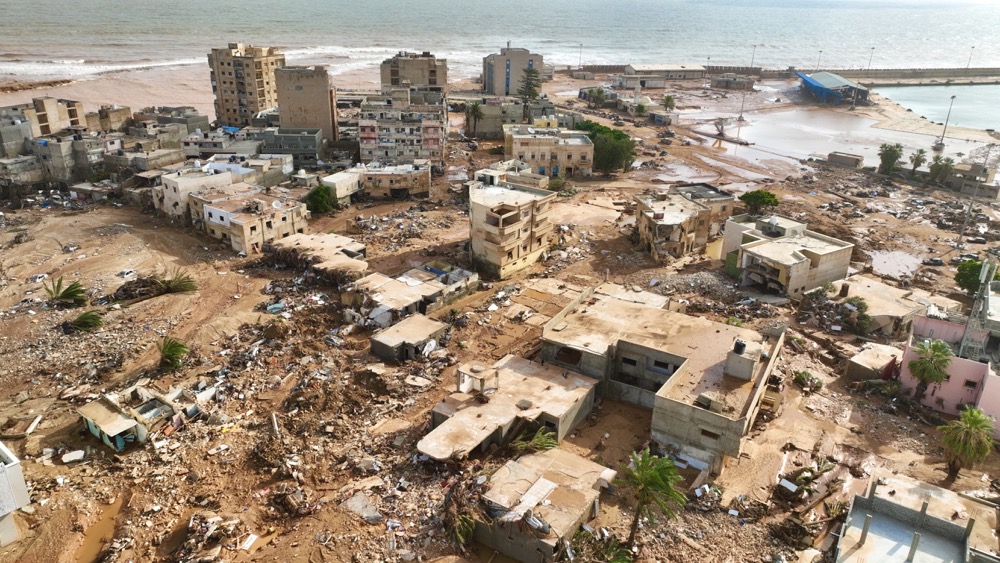
A Mediterranean storm on September 10 night caused catastrophic flooding in many eastern Libyan towns. (AP)
“(Libyan leaders) have, at this current period of their history, the duty to take the responsibility to overcome the current failures of the institutions, (of) all the political setup.”
The protracted stalemate between Libya’s two rival governments, along with the internal divisions within each authority, is a constant source of political, economic and administrative instability.
In February 2022, following the indefinite postponement of elections scheduled to take place in December 2021 under the leadership of Abdul Hamid Mohammed Dbeibah, the prime minister of the Tripoli-based Government of National Unit, the rival faction — the House of Representatives (HoR) — elected Fathi Bashagha, a former interior minister, as prime minister of a competing authority that became known as the Government of National Stability (GNS).
The GNS is based in Sirte and aligned with the Libyan National Army, led by Gen. Khalifa Haftar.
In May this year, the HoR suspended Bashagha and replaced him with the finance minister, Osama Hamad, a move analysts believe was a result of Bashagha’s failed violent attempt to enter Tripoli last year.
Bathily emphasized the need for Libya’s rival political leaders to compromise on contentious issues, reunify the country’s political institutions, and combine their military and security structures. This is the only way forward, he said, and he believes momentum is building in this direction.
“There is a real pressure from below, (from) ordinary citizens,” he said. “When I go to Sirte, to Benghazi, to Misrata, to Zintan, to Zawiya, to Sabha — wherever — people say, ‘We want a change, we want to close the current chapter of division. We want dignity restored to our country.’
“This is the call everywhere. And I think because of this persistent call, the leadership finally would heed it. And, now, a number of signs are there that things are going forward, moving perhaps slowly, but surely.”

Natural disasters, political upheavals, conflicts and economic crises have for decades been the cause of untold human suffering. (AFP)
One such positive sign of this, according to Bathily, is the combination of efforts to establish a new road map for holding the national elections needed to unify the country’s divided government.
In spring this year, a “joint 6+6 committee,” comprised of six representatives of each of the rival authorities, was tasked with drafting electoral laws that would enable elections to take place by the end of this year.
Although the HoR approved the draft legislation in July, it remains controversial. Some political factions have objected to several of its provisions, including those related to the eligibility of dual nationals to run for president, and to the establishment of an interim executive in the run-up to the elections, with the latter proving particularly controversial.
“Those electoral laws are now being considered,” Bathily said. “We, as UNSMIL (the UN Support Mission in Libya), we looked at them and made some remarks on whether they can be implemented. The High Commission for Elections also looked at it.
“A number of observers of the Libyan scene also came to the conclusion that those laws cannot be implemented as they are. They needed to be fine-tuned, amended. And if they are amended on the basis of a political compromise, (we) can consider seriously now that we can have a road map to elections.”
FASTFACTS
• Abdoulaye Bathily held various ministerial positions in Senegalese government and academic posts before moving to the UN.
• He said it is through peace and stability in Libya that the interests of partners can be taken care of.
Several attempts to forge a unity government in the past have collapsed as a result of the infighting and factionalism that is deeply entrenched in Libyan politics. The political class is widely viewed as unresponsive to democratic change and transition.
And there are fears among the Libyan people that if decisions about the country’s future are entrusted to the same ruling elite that has been in place since the fall of former leader Muammar Qaddafi in 2011, it runs the risk of reinforcing the existing divisions between dueling factions.
These are the same factions that are accused of vying to maintain their own positions of power and influence, while applying a veneer of legitimacy to vested interests, thereby perpetuating the very power structures that are responsible for the current political mess.
Many fear this would drag Libyans down even further. “To prevent this bleak future from becoming reality, we can have only one prospect: elections,” Bathily said. “Elections are not just about the legal basis, elections are about political compromise, political agreement. And this is why, as we see the situation in Libya today, there is a necessity to unify the current political leadership of the country.
“There is a need to have one army to preserve and safeguard the territorial integrity of Libya, to secure the lives of Libyan citizens. And to go to elections, to have a level playing field where all candidates will be on equal footing, be able to campaign throughout the country, to present their programs, their visions for Libya.
“To have a safe debate among all the stakeholders, all the candidates, we need a government to lead the country; not an interim government anymore, but a unified government that cares about the whole country, that will take into account the desires of all the candidates and the desires, of course, of the citizens.”

At least 11,300 people died and more than 10,000 missing after the flood. (AFP)
The fragile security situation resulting from Libya’s political fragmentation was thrown into sharp relief on Aug. 14 when 55 people died during heavy fighting between armed groups in Tripoli. It was the deadliest violence there since the failed assault on the city by the GNS last year.
“It is intolerable to have this kind of casualty in Libya,” said Bathily. “Tens of civilians killed for nothing. For nothing. Because what is involved in those clashes is not the destiny of Libya. Those clashes came out of nowhere and nothing.
“So, it is unacceptable, and this is why we think that we have really to work for the unification of the security apparatus, on the basis of a unified political leadership in the country who will be obeyed by all the security and military institutions.
“I’m very concerned because so long as the institutional and political fragmentation continue, there is the risk of a repeat of this kind of situation.”
Bathily said the clashes were “indeed a wake-up call for all the elite, because if this situation continues, it will jeopardize individual ambition. The state of anarchy which will result from the repetition of this kind of situation will put at risk even the individual lives of all those leaders. So, they have an interest in keeping the peace and stability of the political landscape.”
On the bright side, Bathily highlighted what he called several signs of progress toward a more stable Libya, including ongoing efforts to finalize the electoral laws, the unification of the central bank, and consultations among institutional leaders to oversee state expenditure in a more transparent fashion.
He said the last of those signs was particularly “important because there is a continuous outcry in Libya about the management of national resources, lack of transparency and corruption. And this mechanism hopefully, if consolidated, since it is a result of a consensus among institutional players, will enable more transparency in public expenditure and put, really, the resources of the country at the disposal of the citizens of the country.”
Bathily also said it is important that regional and international actors speak with one voice and act in unison with regards to Libya. He called on them to respond to the calls by the Libyan people for unity, peace and prosperity and said he believes the interests of these external powers can only be served by a stable Libya.
“It is through peace and stability in Libya that the interests of partners, be they regional or international, can be taken care of,” said Bathily.
“But anarchy and chaos in Libya would not serve the interests of regional players or international players.”
He underscored the interconnected nature of regional crises such as those in Libya, the Sahel, Sudan, Chad and Niger, and the fact that recent developments have shown that the ripple effect of instability in one country will inevitably be felt by neighboring nations. A concerted effort is therefore needed to prevent further crises, which requires dialogue, cooperation and international support, according to Bathily.

Bathily, who lives in Tripoli, described Libyans as a welcoming and peace-loving people. (Supplied)
On several occasions, UN human rights experts have expressed serious concerns about reports of human traffickers in Libya detaining and torturing migrants and refugees, holding them for ransom, and subjecting them to human rights violations that might constitute enforced disappearance.
Referring to the migrant crisis, Bathily said that countries of origin, transit and destination share with Libya the responsibility for addressing it. He called for the development of a comprehensive approach to this that takes into consideration the economic, security and political dimensions of the issue.
“The issue of migration is a big subject and responsibilities are shared by all the countries concerned, from all sides, one side in the Mediterranean and the other side in the Sahel,” he said.
“This is why it is important to create the conditions for stability and peace in all these countries, because not only do you have migration; migration and human trafficking go with other scourges as well — that is, drug trafficking and all sorts of criminal activities along the route of migration.
“Therefore, we should shoulder the problem in its entirety instead of just looking at it from one side. It is important for Europe, the African countries concerned, and even beyond, to look at this issue because it is not only an economic issue. It is a security issue and a political issue as well.
“Therefore, it has something to do with the wider problems of our current world, a world of economic crises, a world of political crises, a world of deficit of leadership all along the line.”









